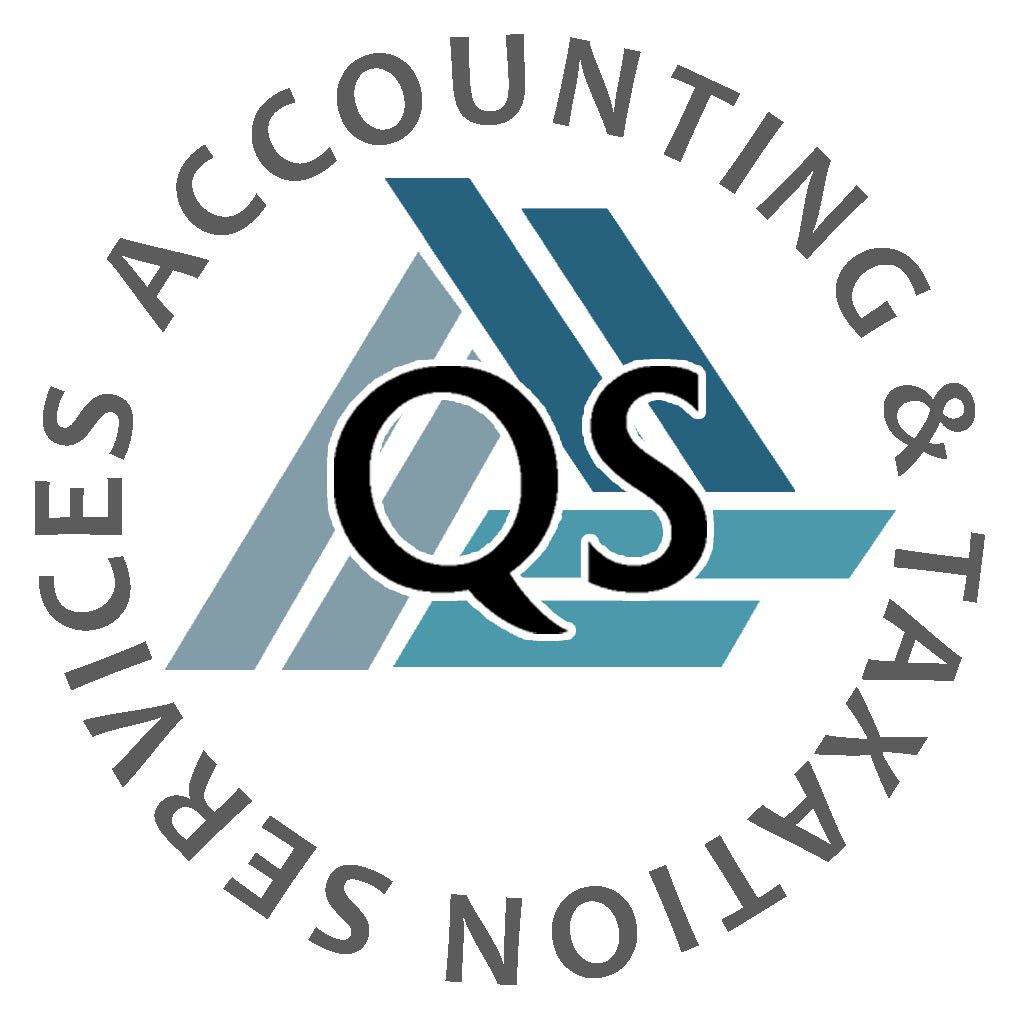FREQUENTLY ASKED QUESTIONS
What services do accounting businesses offer?
Accounting businesses provide a wide array of services that extend beyond just tax preparation. They can handle all your bookkeeping needs, including recording daily transactions, managing accounts payable and receivable, and reconciling bank statements. They also offer financial statement preparation (like income statements and balance sheets), payroll services, and financial consulting. For businesses, they assist with strategic planning, cash flow management, and setting up the right accounting systems from the beginning.
How do accounting businesses charge for their services?
Accounting firms typically use three main pricing structures: hourly rates, fixed fees, or monthly retainers. Hourly rates are common for specialized or ad-hoc projects, but they can be unpredictable. Fixed fees are often used for specific services like preparing an annual tax return, giving you a clear cost upfront. Monthly retainers are a popular choice for ongoing services like bookkeeping and payroll, providing a predictable and consistent cost each month. It’s always a good idea to discuss the fee structure and get a clear quote before committing to a firm.
What should I look for when choosing an accounting firm?
When selecting an accounting firm, consider their experience with businesses in your industry. An accountant who understands your specific challenges and regulations can provide more targeted advice. Also, check their qualifications and certifications, such as a CPA designation. Look for a firm with a good reputation and ask for references. Finally, consider their communication style—you want an accountant who is responsive, easy to work with, and willing to answer your questions.
What’s the difference between bookkeeping and accounting?
Bookkeeping is the day-to-day process of recording financial transactions. It’s about data entry and organization. Accounting is the broader process of interpreting that data, preparing financial statements, and providing analysis and insights. Think of it this way: bookkeeping is the foundation, while accounting is the complete structure built on that foundation.
How do I ensure my financial information is secure?
Reputable accounting firms use robust security measures to protect your sensitive financial data. They should have secure portals for document sharing and use encryption for storing digital files. Don’t be afraid to ask about their data security protocols and confidentiality policies
How often should I communicate with my accountant?
While annual meetings for tax season are standard, regular communication is highly beneficial. For businesses, a monthly or quarterly check-in allows you to stay on top of your financial health, make timely adjustments, and address potential issues before they become major problems.
What is the difference between an accountant and a CPA?
An accountant is a professional who performs accounting duties, but a Certified Public Accountant (CPA) has a specific license. To become a CPA, an accountant must pass a rigorous exam, meet educational requirements, and have a certain number of years of experience. This certification allows them to perform a wider range of services, such as auditing financial statements and representing clients before the CRA in the case of an audit. While both are valuable, a CPA often has a higher level of expertise and is bound by a strict code of ethics.
How can an accountant help my business grow?
An accountant is more than just a numbers person; they can be a strategic partner in your business’s growth. They can provide valuable insights into your financial data, helping you identify opportunities to increase profitability, reduce costs, and improve cash flow. They can also help with budgeting, forecasting, and creating a long-term financial plan. By handling the day-to-day financial tasks, an accountant frees up your time so you can focus on core business operations and strategic decision-making.
Can an accountant help me with a CRA audit?
Yes, a good accounting firm can be invaluable during a CRA audit. They can act as a liaison between you and the tax authority, preparing all the necessary documents and representing you during the process. Their expertise in tax law and their professional relationship with the CRA can help ensure a smoother and more favorable outcome.
How do I prepare for a meeting with my accountant?
To make the most of your meeting, gather all your relevant financial documents beforehand. This includes bank statements, receipts, invoices, and any other records of income and expenses. Prepare a list of questions or topics you want to discuss, such as tax strategies, business goals, or financial challenges you’re facing
Can an accountant help with business registration and setup?
Yes, many accounting firms offer services to help new businesses get started. They can advise on the best legal structure (e.g., sole proprietorship, corporation), assist with the necessary paperwork and government filings, and set up your initial accounting systems to ensure you’re compliant from day one.
What tax deductions can I claim?
An accountant can help you identify all eligible tax deductions and credits to reduce your tax liability. This can include business expenses like rent, utilities, and advertising, as well as vehicle expenses and home office deductions for self-employed individuals. They stay up-to-date on all relevant tax laws to ensure you don’t miss any opportunities


